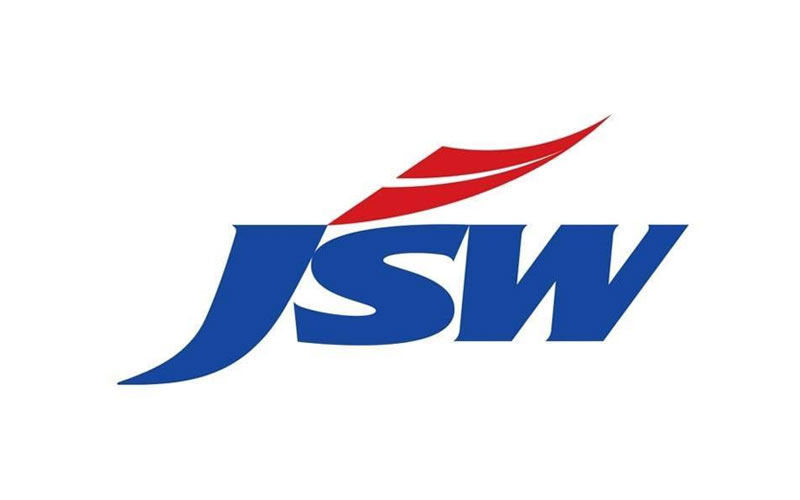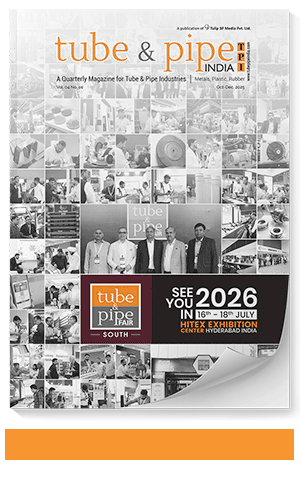The INR 65,000 crore complex will come up at 2,958 acres in Odisha. It will include an integrated steel manufacturing unit with a capacity of 13.2 million TPA, a captive power plant, captive jetties, a cement manufacturing unit, and a modern township.
Mar 15, 2024

Chief Minister of Odisha Naveen Patnaik has laid the foundation for JSW Steel’s Mega Integrated Green Steel Manufacturing Complex in Paradip, Odisha.
Proposed to be executed in multiple phases, the project entails an investment of approximately INR 65,000 crore by JSW Steel & JSW Group entities, and is expected to generate around 30,000 direct and indirect jobs.
Located in 2,958 acres of Dhinkia Nuagaon and Gada Kujanga under Erasama Tehsil in Jagatsinghpur district, the integrated manufacturing complex will include an integrated steel manufacturing unit with a capacity of 13.2 MTPA, a captive power plant, captive jetties with cargo-handling capacity, a cement manufacturing unit, and a modern township.
The company said that it envisioned a world-class green technology steel manufacturing facility, adopting circular economy practices for cleanliness and greenery.
The Industrial Development Corporation of Odisha (IDCO) allocated 30 percent of the total project land for the preservation of forests and water bodies.
In October, 2023, JSW Steel Limited, one of the leading producers of alloy in India, had revealed its plans to establish a green steel manufacturing facility by 2030 as part of its response to the Carbon Border Adjustment Mechanism (CBAM) policy initiated by the European Union (EU) to reduce carbon emissions.
The company plans to set up a lower carbon-emitting facility for steel in the western part of India for both the international and domestic markets, subject to board approval, said Jayant Acharya, Joint Managing Director and Chief Executive of JSW Steels.
“The facility will have a capacity of 4 MT and is likely to start production by 2030. We are trying to complete it in two parts. We will do phase I (up to 2 MT) just before 2030, while the remaining construction will continue, and may spill over by one or two years,” Mr. Acharya told a leading newspaper.
Initiated by the European Union, the Carbon Border Adjustment Mechanism (CBAM) is a tool to put a fair price on carbon emitted during the production of carbon intensive goods that are entering the EU, which will encourage cleaner industrial production in non-EU countries.
Also Read: JSW Orders Casting & Rolling Plant from SMS group
In its initial phase from October 1 to December 31, 2025, the companies are required to furnish extensive production and emission data for goods destined for the EU. The tax phase of CBAM will begin on January 1, 2026.
Under this, importers will be required to purchase CBAM certificates to cover the embedded emissions of their products. CBAM will be applied to a limited number of goods initially, including cement, iron and steel, aluminum, fertilizers and electricity, but the list will subsequently be expanded to cover all goods.










